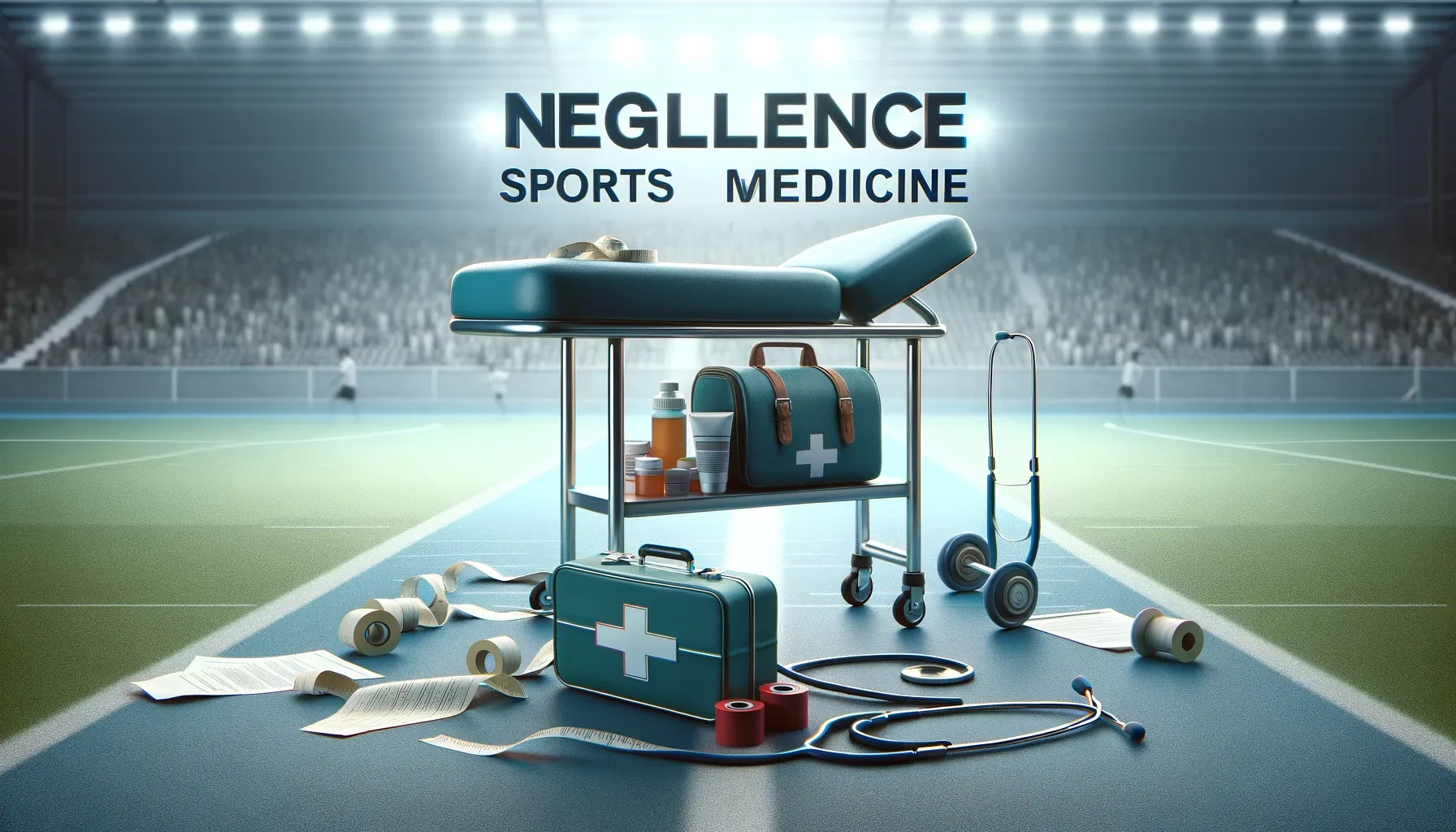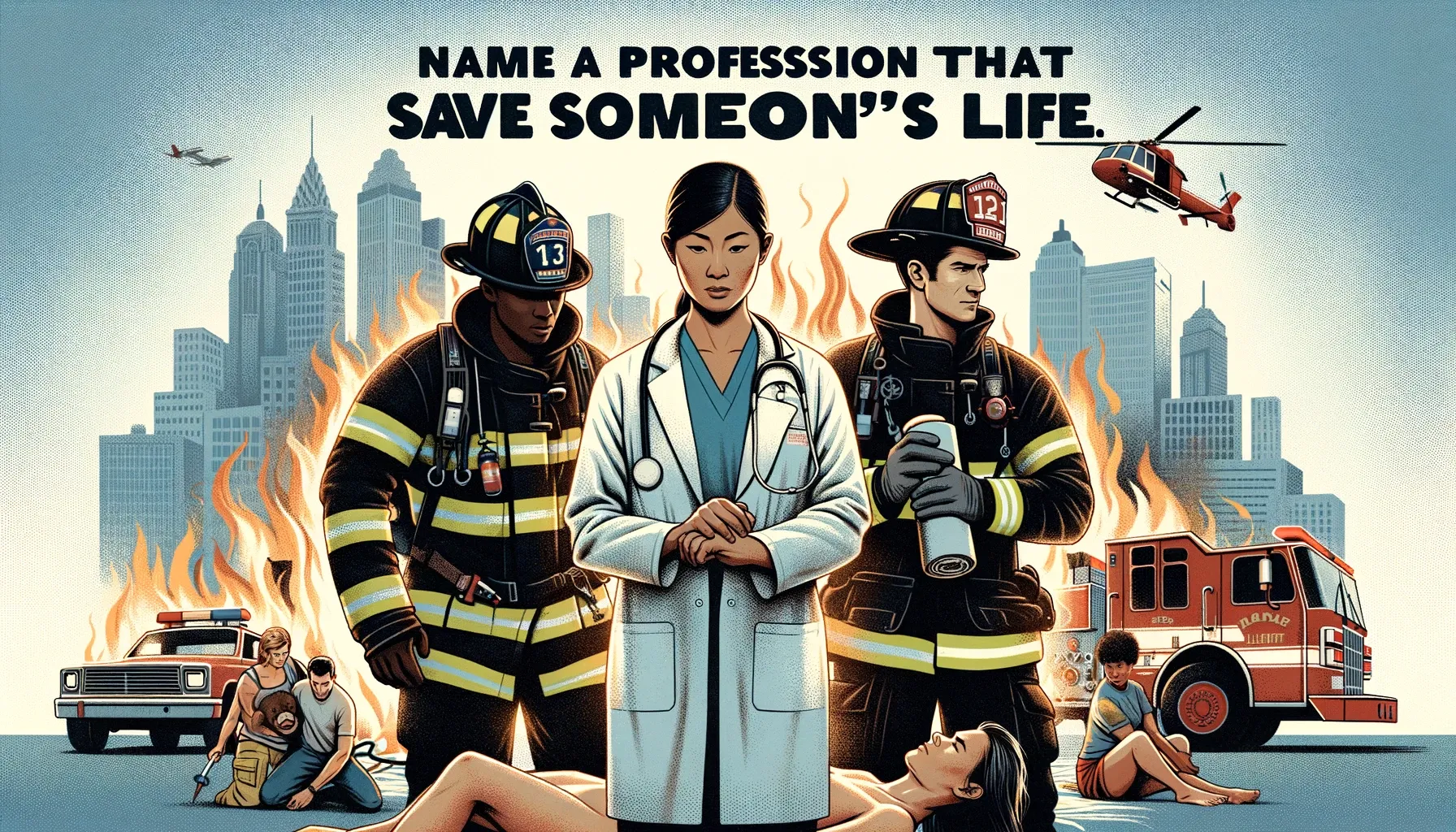Table of Contents
Explore the negligence of Preventing Negligence Sports Medicine Definition in this informative article. Discover how clinical negligence can affect athletes and their recovery.
Sports medicinal drug plays a critical role in the healthcare of athletes, ensuring their well-being and restoration. However, it is important to apprehend the period “negligence sports activities medication definition” and the way it pertains to this field. In this complete article, we will discover the concept of negligence in sports activities medicine, the outcomes it could have on athletes, and how it could be avoided.
Negligence Sports Medicine Definition
Negligence Sports Medicine Definition refers to a breach of obligation using Healthcare professionals, including medical doctors, bodily therapists, and running shoes, who provide care to athletes. This breach of duty can result from errors in prognosis, remedy, or advice. Negligence can take diverse paperwork in sports activities and medicine, which include misdiagnosis, wrong remedy, loss of knowledgeable consent, and flawed rehabilitation.
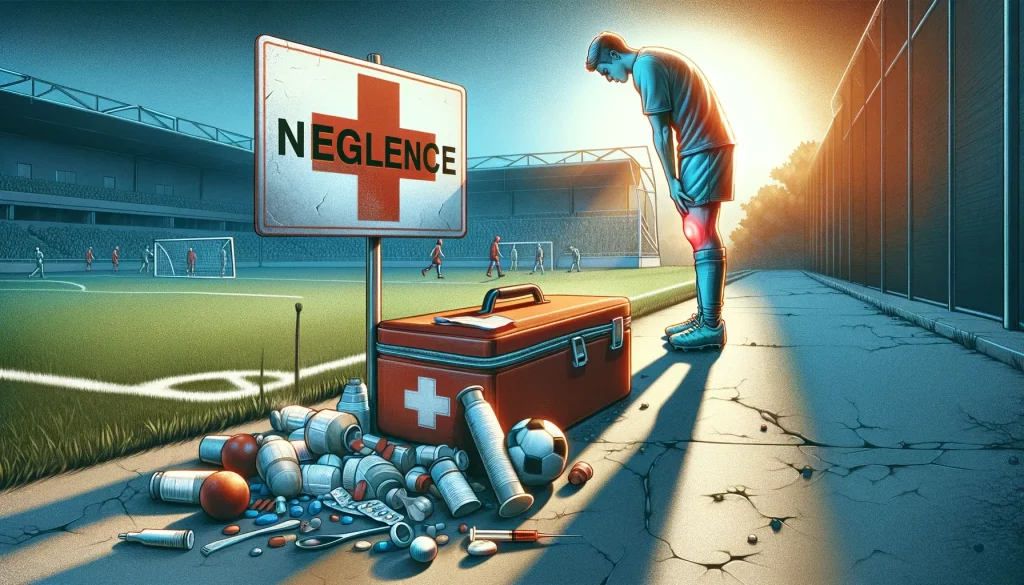
The Impact of Negligence on Athletes
- Misdiagnosis and Delayed Treatment Athletes heavily rely upon correct and timely diagnoses. Misdiagnosing damage can result in not on-time treatment, which may additionally worsen the condition, lengthen recovery, or even cease a profession prematurely.
- Incorrect Treatment Administering the wrong treatment can cause intense damage to athletes. For example, prescribing the wrong medicinal drug, recommending useless surgical procedures, or suggesting ineffective rehabilitation strategies may be adverse to an athlete’s fitness and career.
- Lack of Informed Consent Athletes ought to be informed about the risks and benefits of any clinical process or treatment. Negligence occurs while they are no longer appropriately informed, probably leading to unexpected headaches and dissatisfaction with their care.
- Improper Rehabilitation Rehabilitation is a critical element of sports medicinal drugs. Inadequate or fallacious rehabilitation can preclude an athlete’s restoration and growth in the danger of re-harm.
- Psychological Consequences Negligence in sports medicine can also have psychological consequences on athletes. Trust is critical, and while athletes experience negligence, they may lose self-belief in healthcare experts and the machine as an entire.
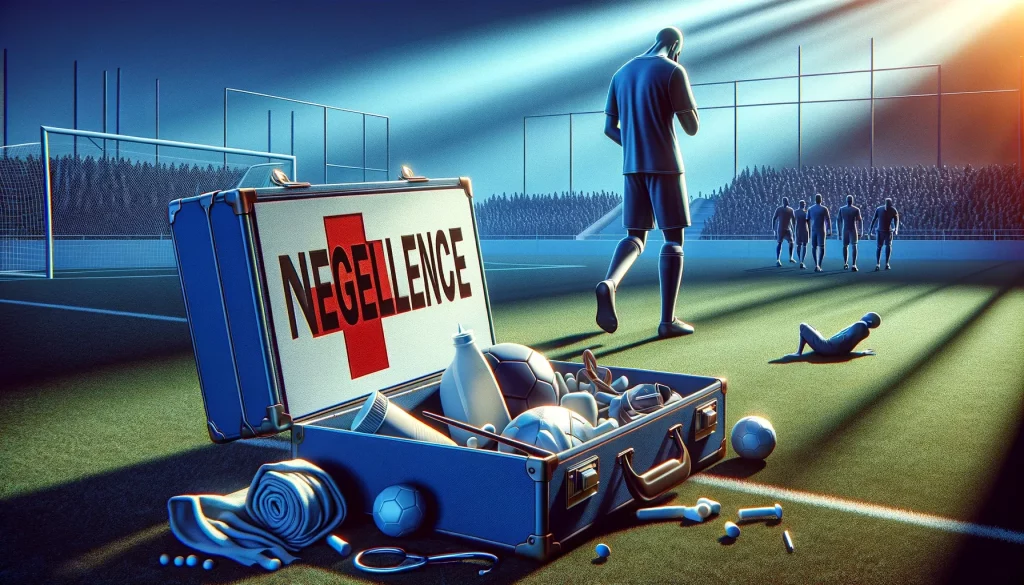
Preventing Negligence in Sports Medicine
- Effective Communication Healthcare providers must maintain open and honest communication with athletes, ensuring they fully understand their condition and treatment options. Informed consent is vital.
- Continuous Education Sports medicine professionals should stay updated with the latest research and treatment modalities to provide the best care.
- Quality Assurance Establishing quality control mechanisms and adhering to professional standards can significantly reduce the occurrence of negligence.
- Team Collaboration Collaboration among medical experts, coaches, and athletes can lead to better decisions and holistic care plans.
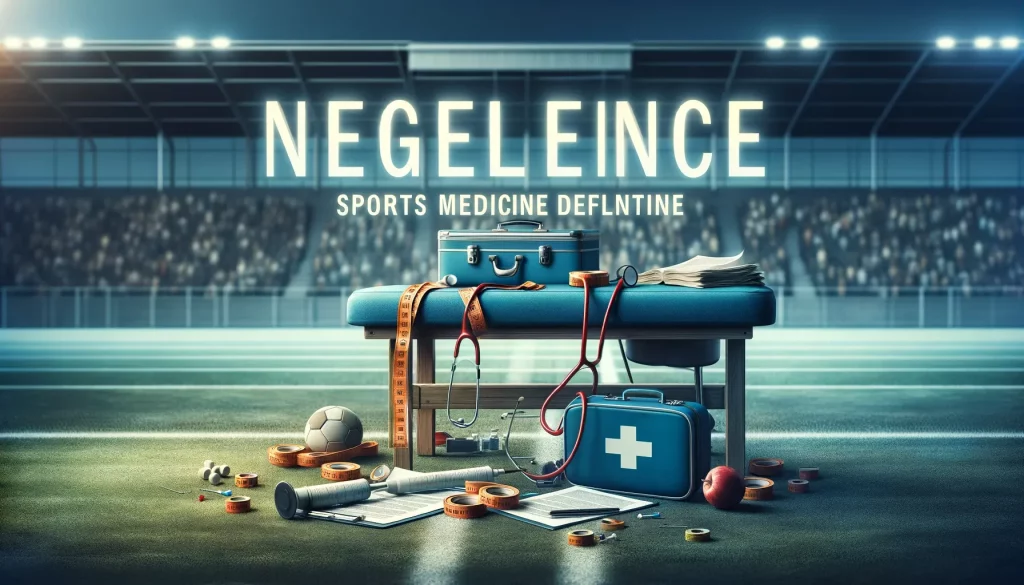
FAQs about Negligence Sports Medicine Definition
Q: What legal recourse do athletes have in cases of negligence?
A: Athletes can seek legal action and pursue compensation for damages resulting from negligence in sports medicine.
Q: Can negligence in sports medicine result in career-ending injuries?
A: Yes, negligence can lead to injuries that may prematurely end an athlete’s career.
Q: How can athletes protect themselves from negligence?
A: Athletes should seek care from reputable professionals, ask questions, and maintain clear communication with their healthcare providers.
Q: What role does insurance play in cases of negligence?
A: Insurance can provide coverage for athletes in case of medical negligence and help them seek compensation.
Q: Is negligence more common in amateur or professional sports?
A: Negligence can occur in both amateur and professional sports; it’s not limited to a specific level of competition.
Wrapping It Up
Negligence Sports Medicine Definition is a severe difficulty that could have profound outcomes on athletes’ well-being and careers. By knowing the negligence of sports activities’ medication definition and taking steps to save, we can create a safer and greater supportive environment for athletes. Trust, communication, and a commitment to high-quality care are critical in ensuring that athletes receive pleasant viable medical attention. It’s now not pretty much treating accidents; it’s about keeping goals and careers.

